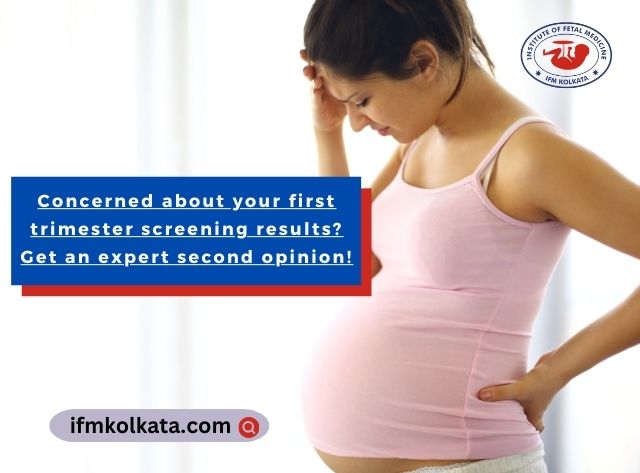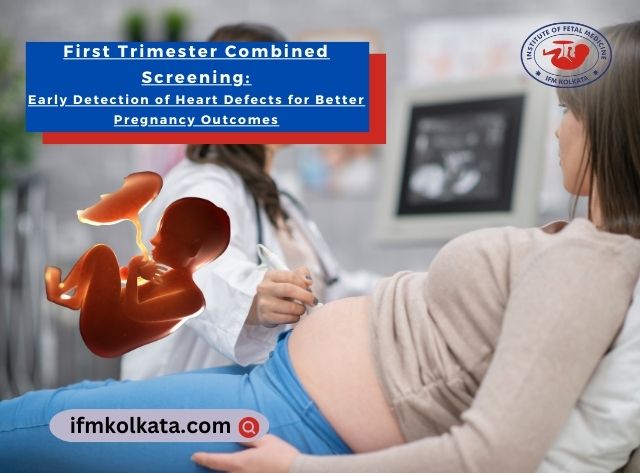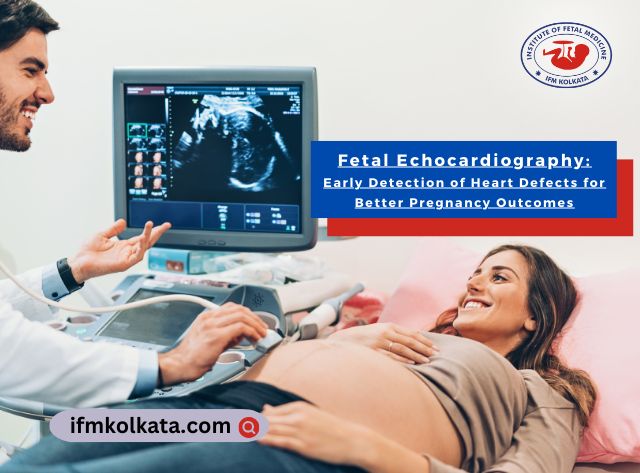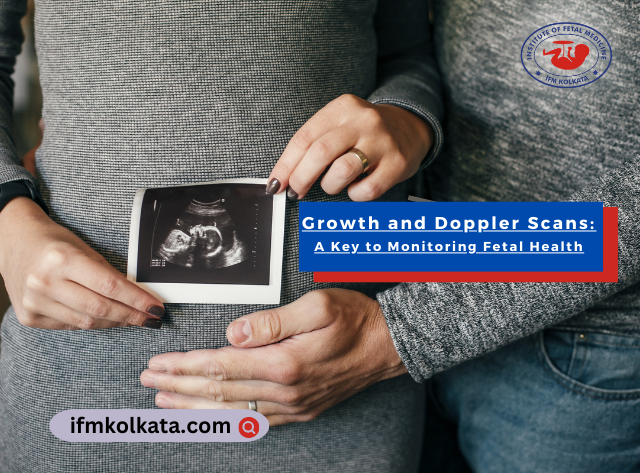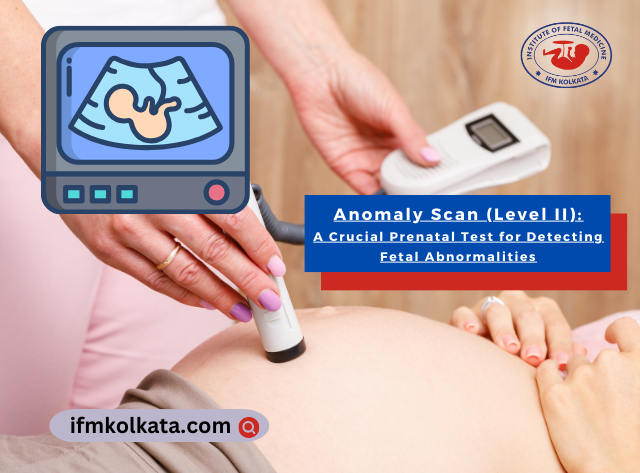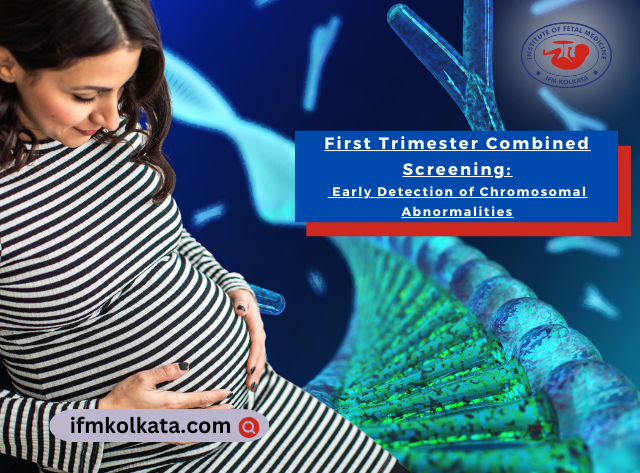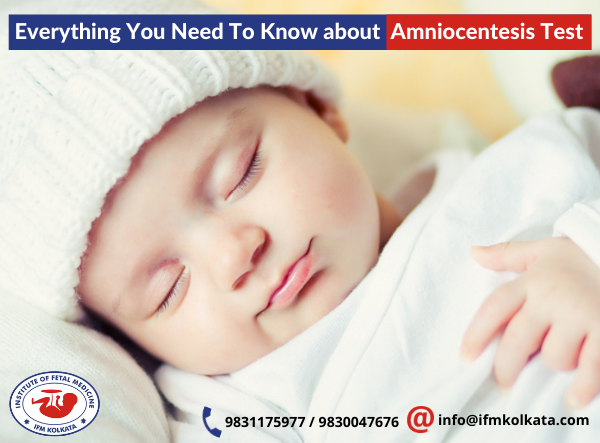The Anomaly Scan, also known as the Level II Ultrasound, is a crucial mid-pregnancy screening performed between 18 to 22 weeks. This detailed scan helps assess the baby’s growth, development, and overall well-being, ensuring early detection of any abnormalities.
At our fetal medicine center in Kolkata, we offer advanced anomaly scans to provide expectant parents with comprehensive insights into their baby’s health.
1️⃣ Fetal Anatomy Examination
The anomaly scan provides a detailed view of the baby’s organs and structures, including:
✔ Brain and skull – Detects neural tube defects like spina bifida
✔ Heart – Identifies congenital heart defects (fetal echocardiography in Kolkata may be recommended for further evaluation)
✔ Face – Checks for cleft lip and palate
✔ Limbs – Assesses proper development of arms, legs, fingers, and toes
✔ Spine – Screens for spinal deformities
👉 This scan is crucial for ensuring your baby’s structural development is progressing normally.
2️⃣ Detection of Structural Abnormalities
The anomaly scan in Kolkata is performed by fetal medicine specialists to identify:
🔹 Brain abnormalities (Hydrocephalus, Anencephaly)
🔹 Heart defects (Congenital Heart Disease)
🔹 Kidney issues (Multicystic Dysplastic Kidney, Hydronephrosis)
🔹 Limb abnormalities (Clubfoot, Skeletal Dysplasia)
🔹 Facial defects (Cleft Lip, Micrognathia)
Early detection allows for better medical planning and management of high-risk pregnancies.
3️⃣ Monitoring Fetal Growth
The anomaly scan also checks if the baby is growing as expected. Key parameters measured include:
✔ Head circumference (HC)
✔ Abdominal circumference (AC)
✔ Femur length (FL)
👉 If any growth concerns arise, fetal growth monitoring in Kolkata is recommended for continued assessment.
4️⃣ Assessing Amniotic Fluid Levels
Amniotic fluid is vital for fetal movement and lung development. The anomaly scan helps detect:
🔹 Low amniotic fluid (Oligohydramnios) – Can indicate placental insufficiency or fetal kidney issues
🔹 Excess amniotic fluid (Polyhydramnios) – May be linked to diabetes, fetal swallowing issues, or chromosomal abnormalities
Abnormal fluid levels may require additional screening at our fetal medicine clinic in Kolkata.
Why Get an Anomaly Scan at Our Fetal Medicine Center?
✔ Best fetal medicine doctor in Kolkata for expert evaluation
✔ Comprehensive prenatal diagnostics in Kolkata
✔ Advanced fetal medicine services in Kolkata for high-risk pregnancies
✔ Maternal-fetal care in Kolkata for ongoing monitoring
Book Your Anomaly Scan Today!
Ensure your baby’s health and development with an anomaly scan at our fetal care clinic in Kolkata. Early screening leads to better pregnancy outcomes!
💙 Your Baby’s Health is Our Priority! 💙


